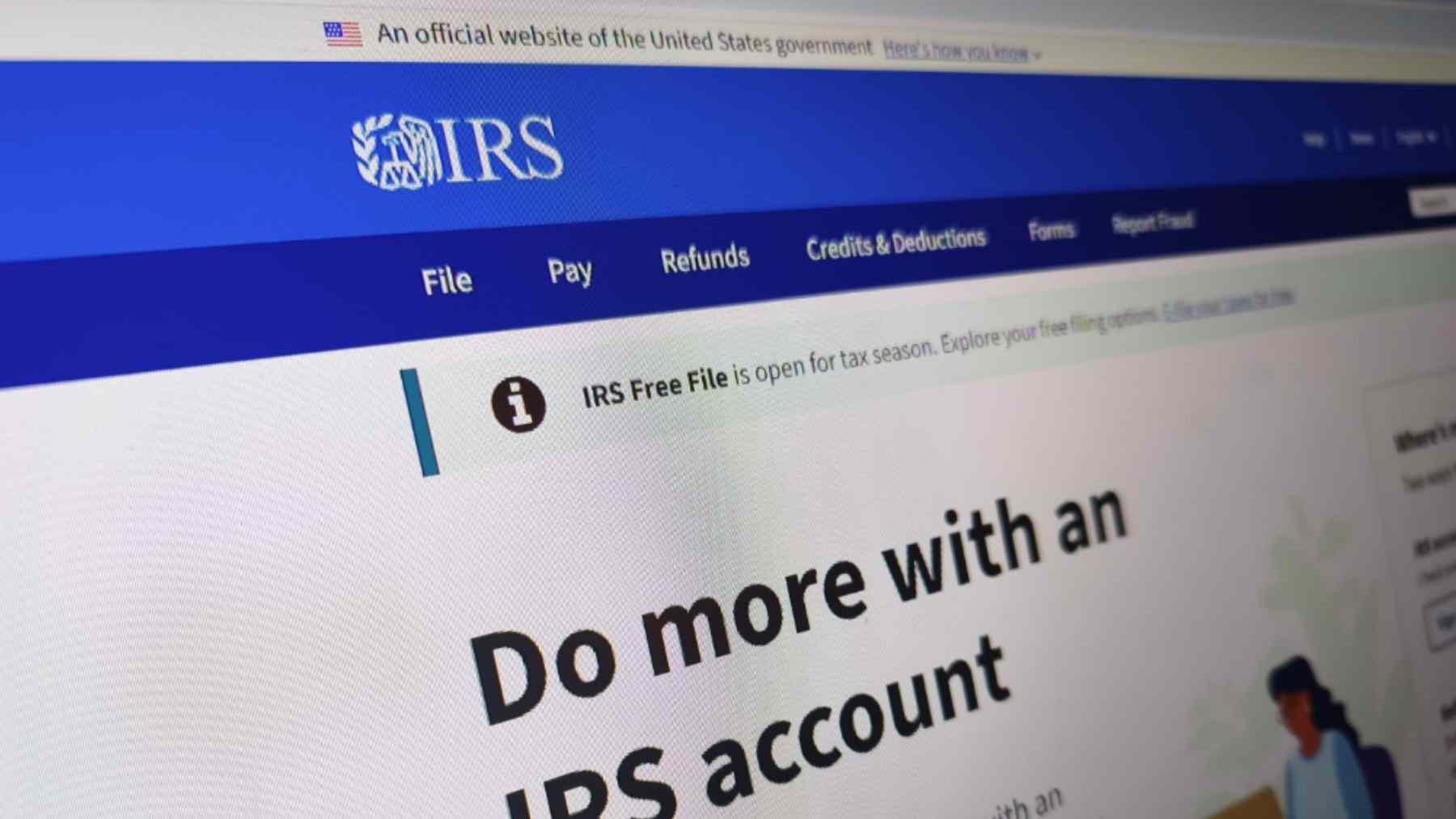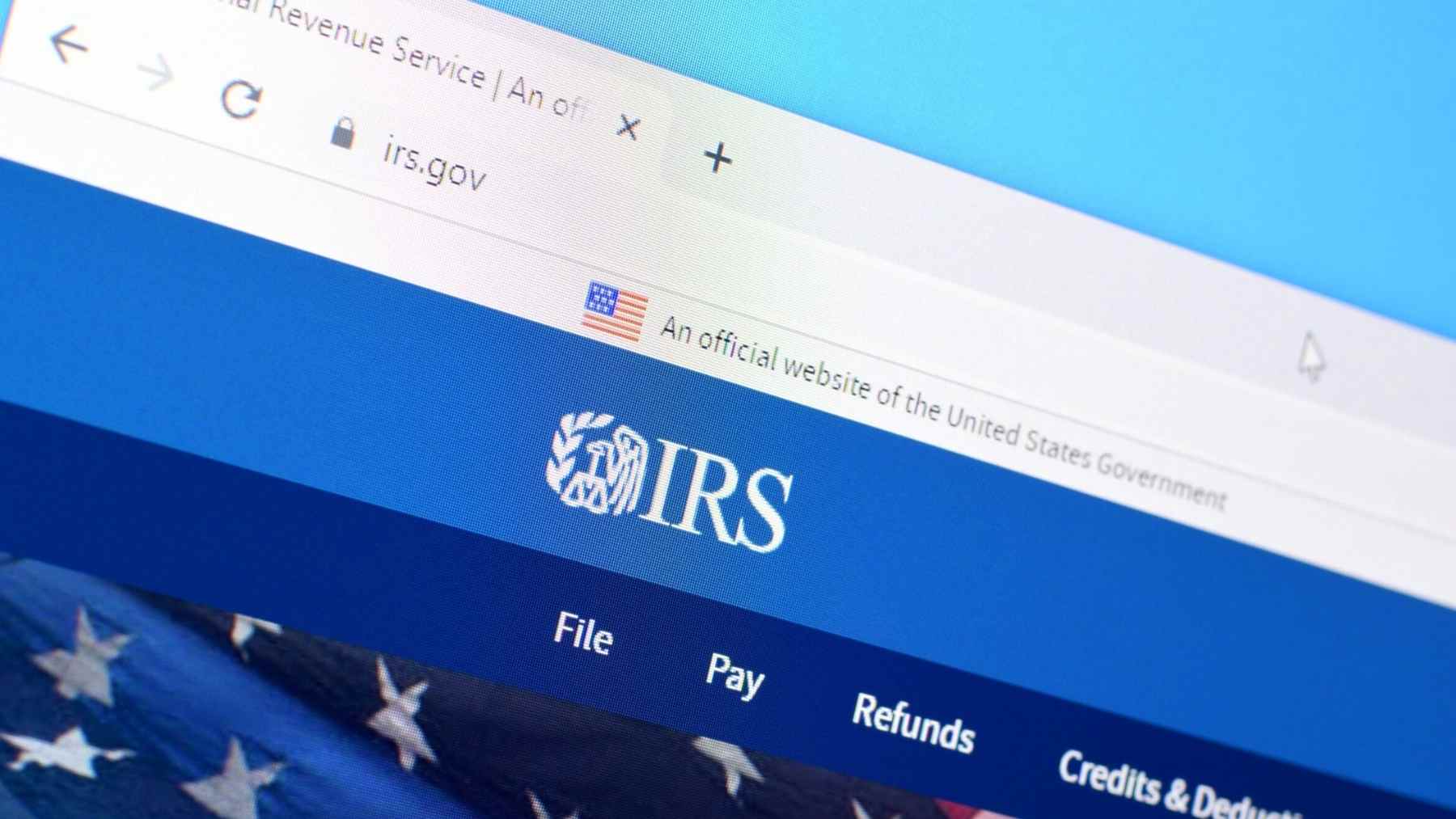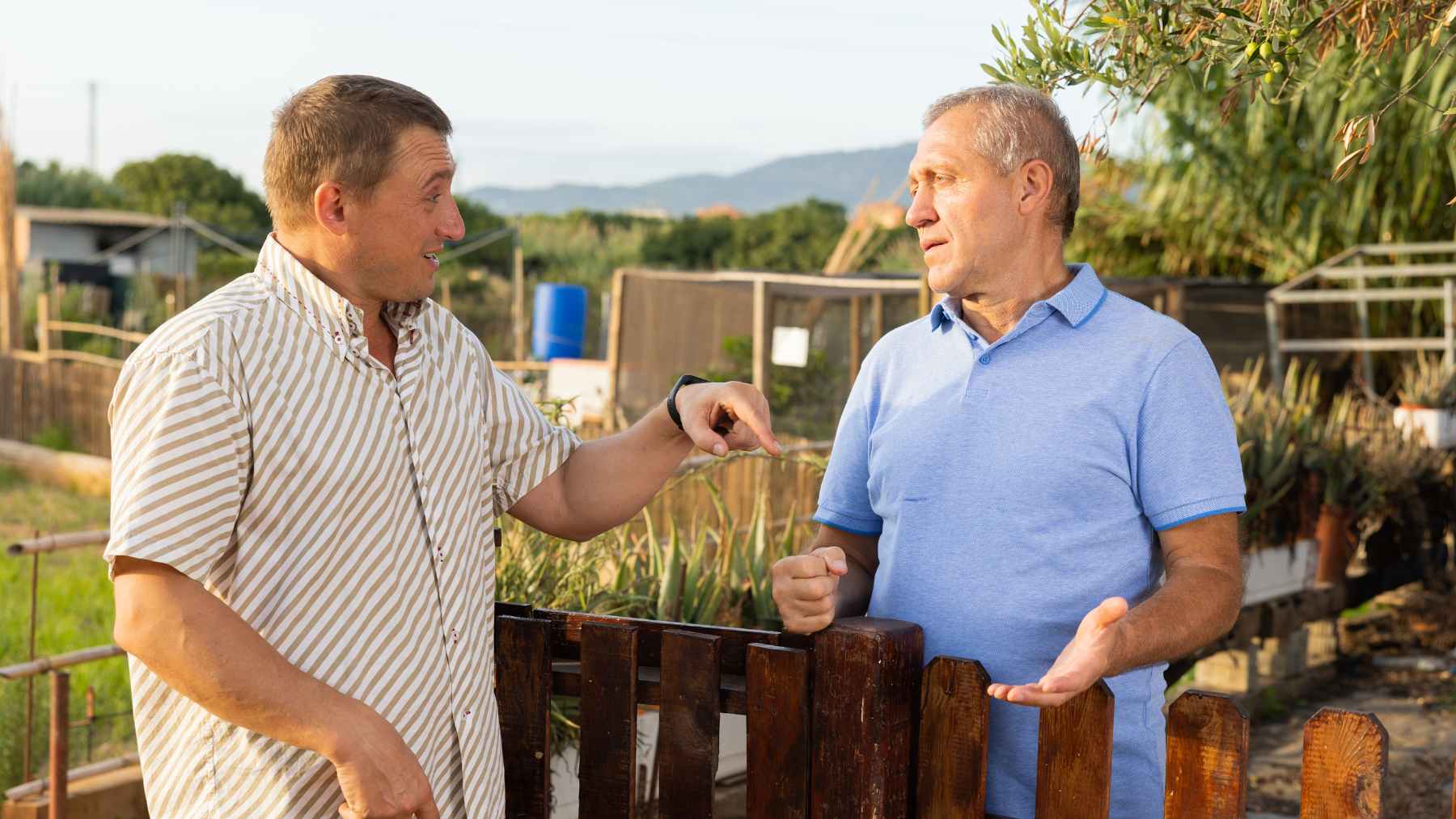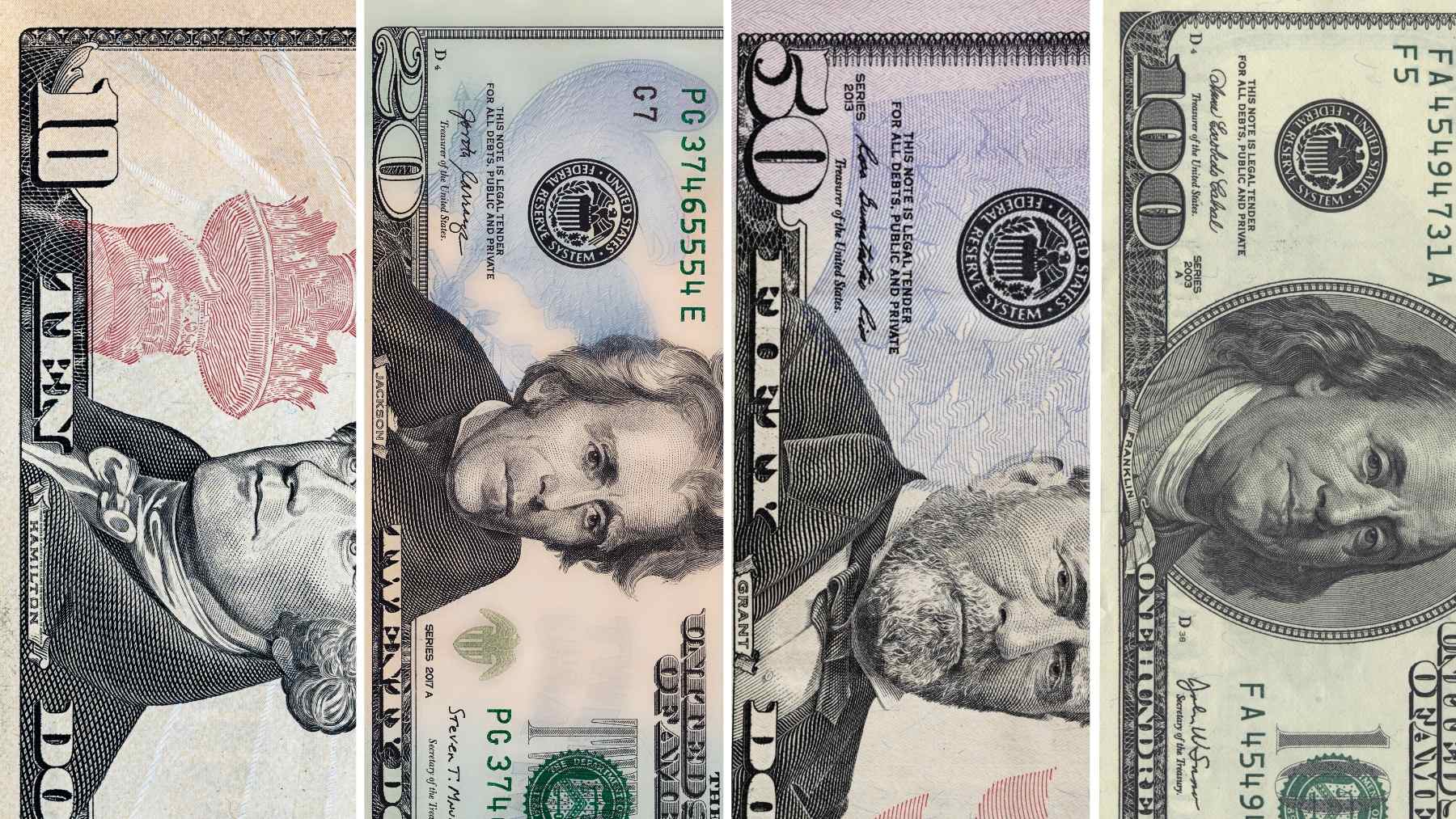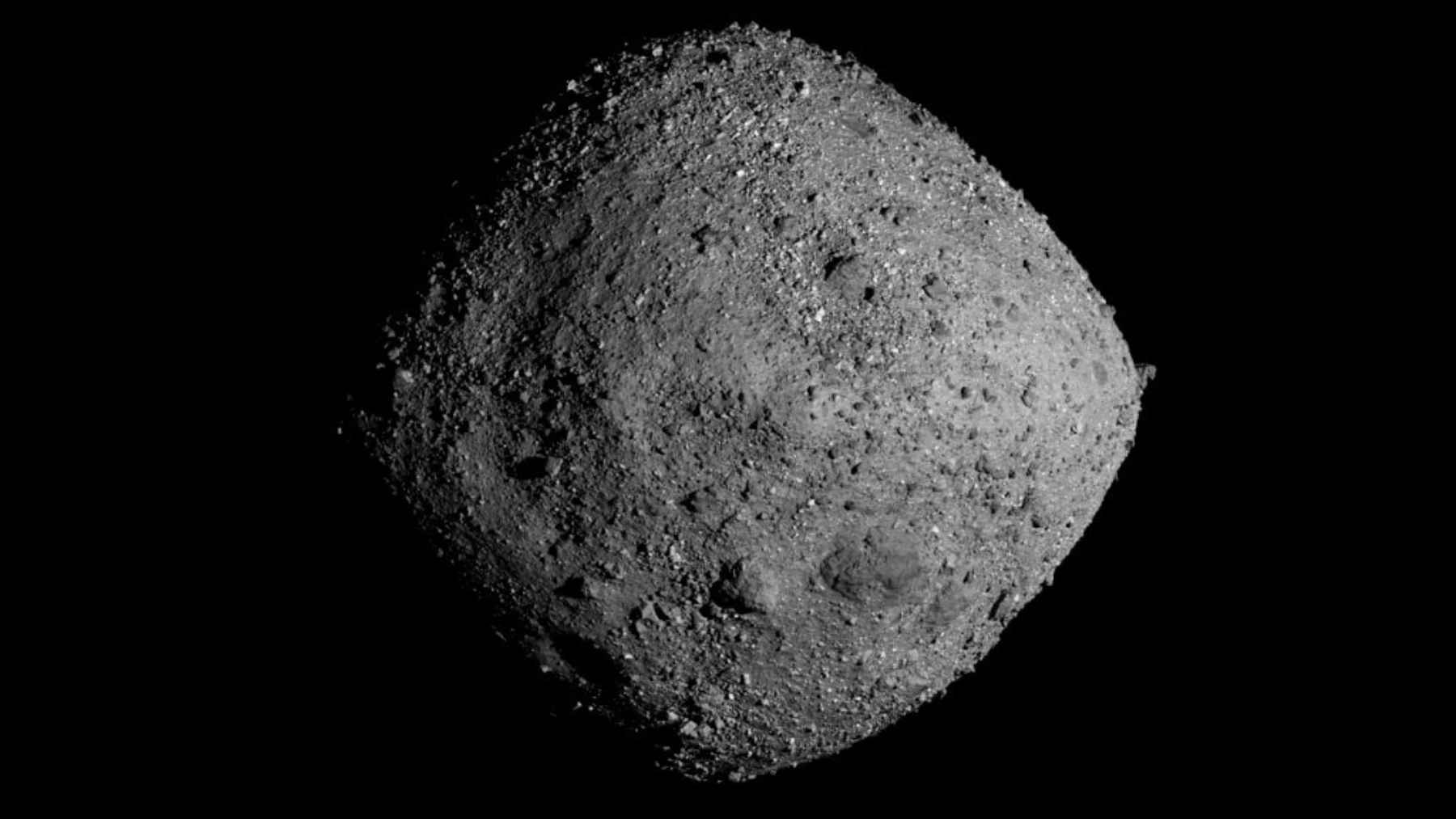The Social Security Administration (SSA) is responsible for distributing millions of payments to beneficiaries every month, the majority of which are retirees. However, the SSA also supports beneficiaries who receive payments from the Supplemental Security Income (SSI) fund and Disability. While the majority of beneficiaries have been paid their August benefits, this one group of SSA beneficiaries can expect a payment coming their way soon, before the end of the month.
The difference between the SSA funds
Of the approximate 70 million beneficiaries who receive SSA payments, the large majority are retirees. To qualify to receive retirement benefits from the SSA, you need to have paid SSA taxes for at least ten years and have satisfied the working credit requirements. Additionally, you can only qualify to claim your benefits once you are 62 years old. Retirement benefits are also not contingent on other sources of income you may have in your retirement.
However, unlike retirement benefits, in order to receive SSI and Disability benefits, your income may not exceed a specific threshold. This is because SSI is intended for those beneficiaries who have little to no income or resources, while Disability is reserved for individuals who are unable to earn an income due to a physical disability. If, in the event you receive a stable and dependable source of income, you no longer qualify to receive benefits from either of these funds.
Double payment for this SSA group
The payment schedule that the SSA follows every month rarely deviates from anticipated payment dates. Not only is this to ensure that, from an admin perspective, the Administration can effectively distribute and manage payments, but also to ensure that beneficiaries can plan their monthly expenses around a predictable payment date.
The general payment schedule the SSA adheres to is as follows:
- Retirement and Disability payments are staggered throughout the month, with each payment being made on a Wednesday, depending on when your birthdate is
- Beneficiaries who only receive SSI benefits are paid on the first of every month, regardless of when their birthdate is
- Beneficiaries who receive both Social Security and SSI benefits receive their Social Security benefits on the third of the month and their SSI benefits also on the first, regardless of when their birthdate is
- If you claimed your Social Security retirement benefits before May 199, you also receive your benefits on the third of the month
According to the Social Security payment schedule, this month will see SSI beneficiaries claim a double payment. This is because, while the Administration rarely deviates from its payment schedule, it will advance payments if the anticipated payment date falls on a weekend or holiday. September 1 is Labor Day, meaning beneficiaries will receive their SSI benefits on August 29.
Who can receive nearly $1,000 from the SSA?
The SSI maximum payment that beneficiaries can receive from the Administration is $967 for an individual and $1,450 for a married couple filing jointly. Your benefits are dependent on how low your income is, how many dependents you have, your living circumstances, and other factors the SSA takes into account when determining how much your monthly benefits are.
According to the SSA, your income affects your SSI benefits in the following way: For every $2 you earn from paid work, your benefits are reduced by approximately $1. Paid work is defined by the SSA as any employment, any income earned from self-employment, and any activity that earns you money. Additionally, for every $1 you earn from non-work sources, such as a pension or Disability benefits, the SSA reduces your SSI benefits by approximately $1. Your spouse’s income will also affect the amount of benefits you qualify for.
Disclaimer: This content is informational only and does not supersede or replace the SSA’s or IRS’s own publications and notices. Always verify any specific dates and amounts by following the direct links in our article to SSA.gov or IRS.gov, or by consulting your local SSA field office or tax professional.

